Fate of the Indigenous voice to parliament rests with the people, not politicians, writes the Calma-Langton co-author
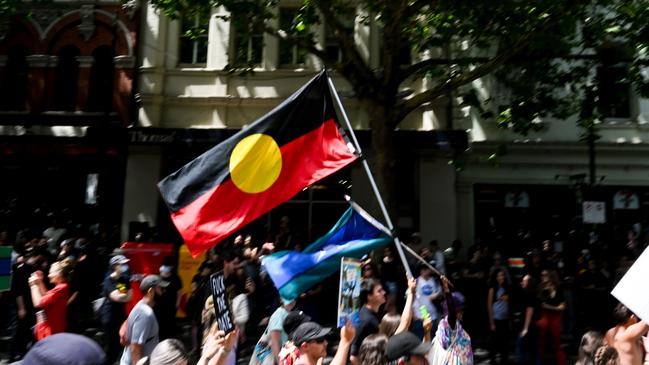
With hope in our hearts and with the goodwill of the Australian people, I am optimistic of a Yes vote later this year in the referendum. There will be setbacks, but we shouldn’t lose sight of what we’re trying to achieve and how we will do it.
Peter Dutton’s decision last week to actively campaign against constitutional recognition through a voice to parliament is disappointing, but in the long run it may not matter. That’s because the fate of the referendum lies with the people, not politicians.
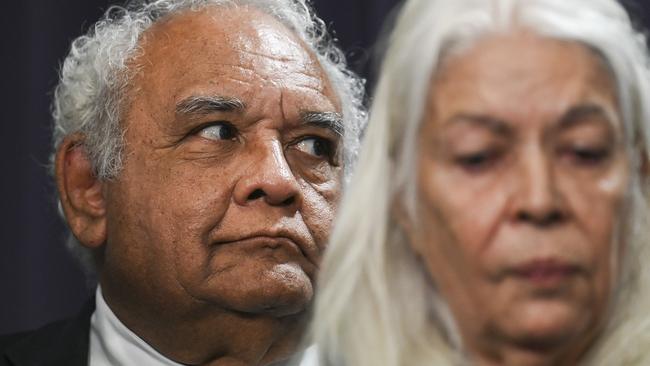
Earlier this year the referendum working group, of which I’m a member, invited the Opposition Leader for a briefing on the progress being made towards a referendum on constitutional recognition. After hours of patiently listening and answering his questions, there was a feeling we might had made some small progress towards securing bipartisan support.
Unfortunately, his post-meeting media conferences indicated that he had not heard what we had conveyed. Dutton’s false claim, that the proposed voice to parliament is some kind of “Canberra voice”, is profoundly incorrect.
I believe the voice will be a voice of the people, a source of advice to the parliament and the government on draft legislation and policies and programs that affect Indigenous people and communities. The voice will be an independent advisory body made up of Aboriginal and Torres Strait Islander people chosen by the community. If it sounds straightforward and common sense, that’s because it is.
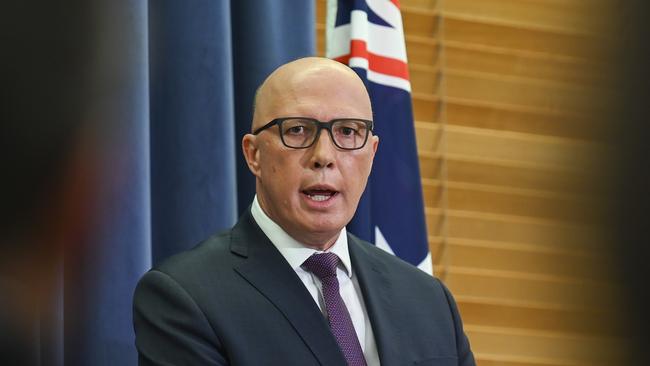
The idea of constitutional recognition has been kicking around for decades. And poll after poll shows most Australians support it. The problem for the past 10 years has been politicians who have lacked the intestinal fortitude to make meaningful progress on the issue.
Later this year the question that will be put to the Australian people will be this: “A Proposed Law: to alter the Constitution to recognise the First Peoples of Australia by establishing an Aboriginal and Torres Strait Islander Voice. Do you approve this proposed alteration?”
That’s it. It’s that simple. When Marcia Langton and I worked together on the voice co-design process with the help of then minister Ken Wyatt during the Morrison government, we consulted thousands of people across the country – from the cities, to the regions and remote communities.
In the ACT, we’ve had the democratically elected Aboriginal and Torres Strait Islander Elected Body since 2008. In Victoria, the First Peoples Assembly has made great strides, and in South Australia, that state’s First Nations Voice to parliament was recently created by Premier Peter Malinauskas.
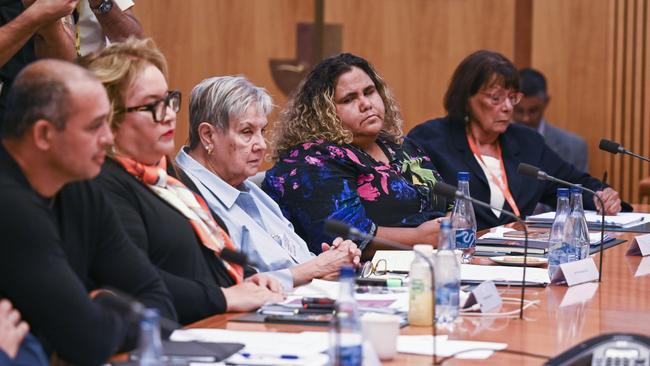
Australians have only ever known a system where Indigenous people are treated as problems to be solved, not as genuine partners and active participants in determining our own destinies. Australians have only ever known a system of consistent policy failures and poor outcomes for our people without understanding why this is the case. But this year we have an opportunity to change that.
The 2023 referendum offers Australians an opportunity to draw a line under past failures and open a new chapter in our history, one where Indigenous Australians are seen as partners and one where communities are empowered.
Australians know this is important and they want to see better outcomes for Aboriginal and Torres Strait Islander people. I believe Australians will say Yes to a better future, and a more united country that recognises the more than 60,000 years of shared heritage and connection to country.
Tom Calma is a member of the Referendum Working Group and the co-author of the Calma-Langton report.


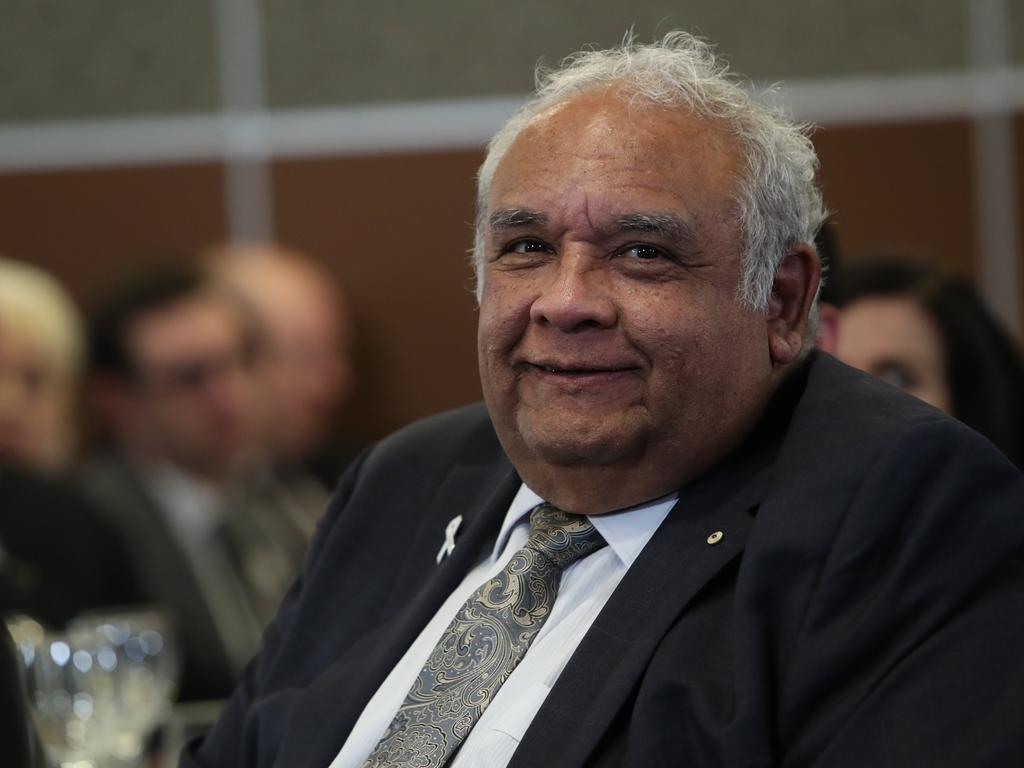
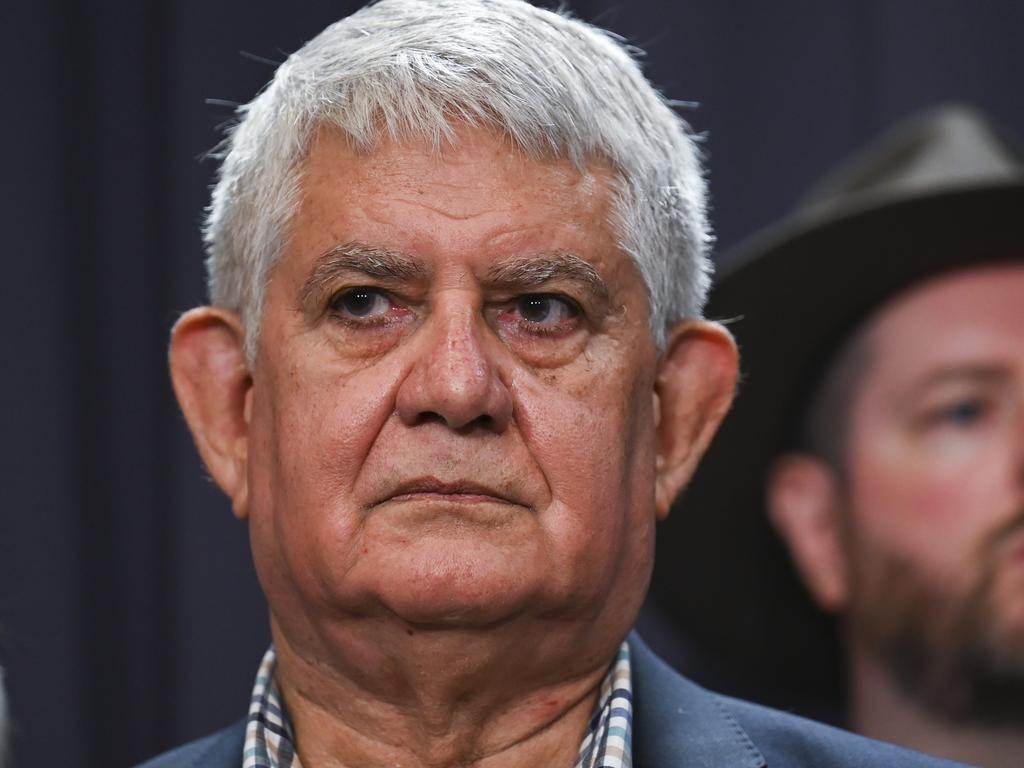

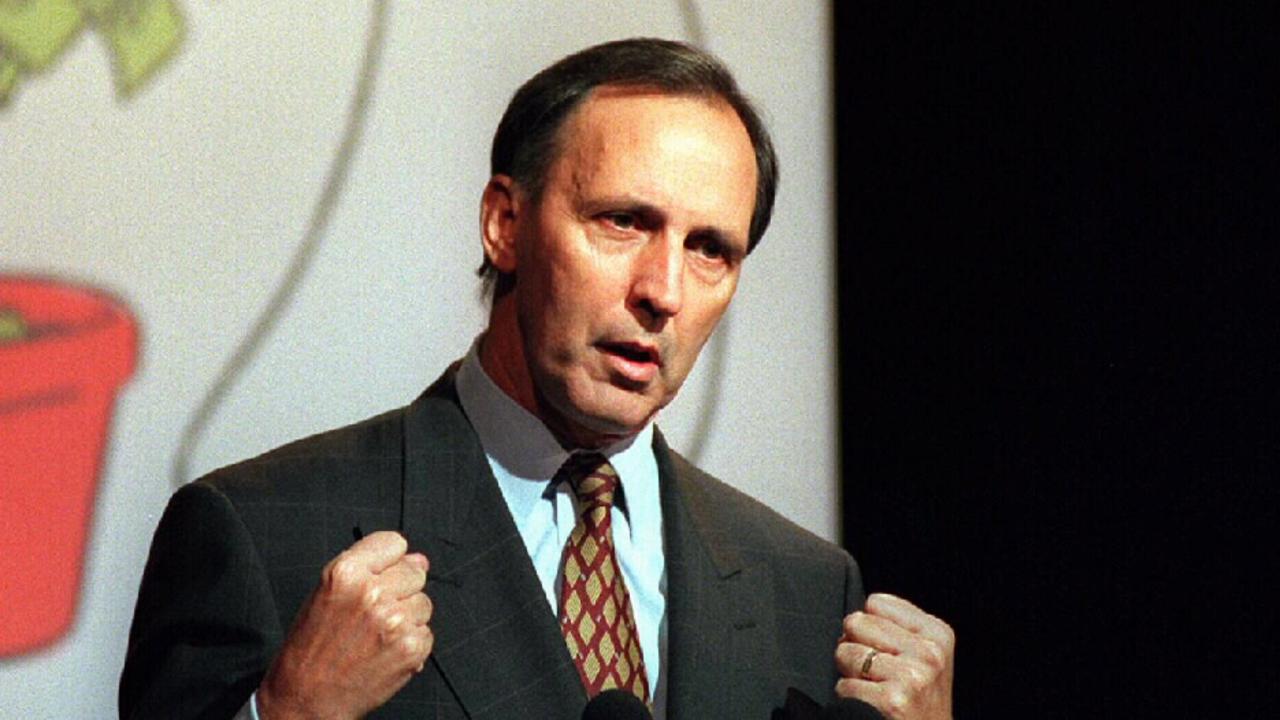
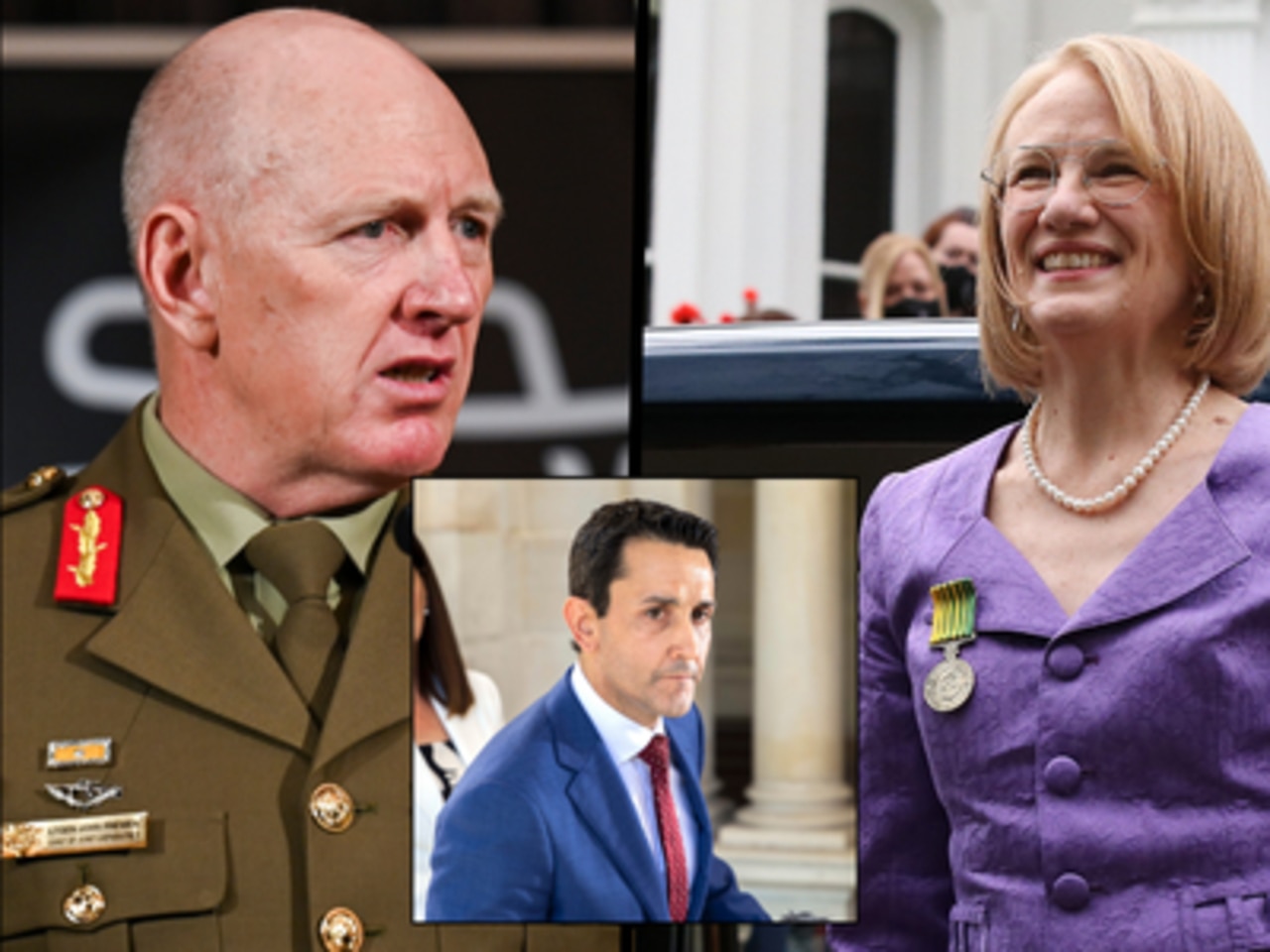
Progress isn’t easy, it never is. From Charlie Perkins to Lowitja O’Donohue; from Cooper to Lingiari: the history of progress for Indigenous Australians is one of triumph over adversity.